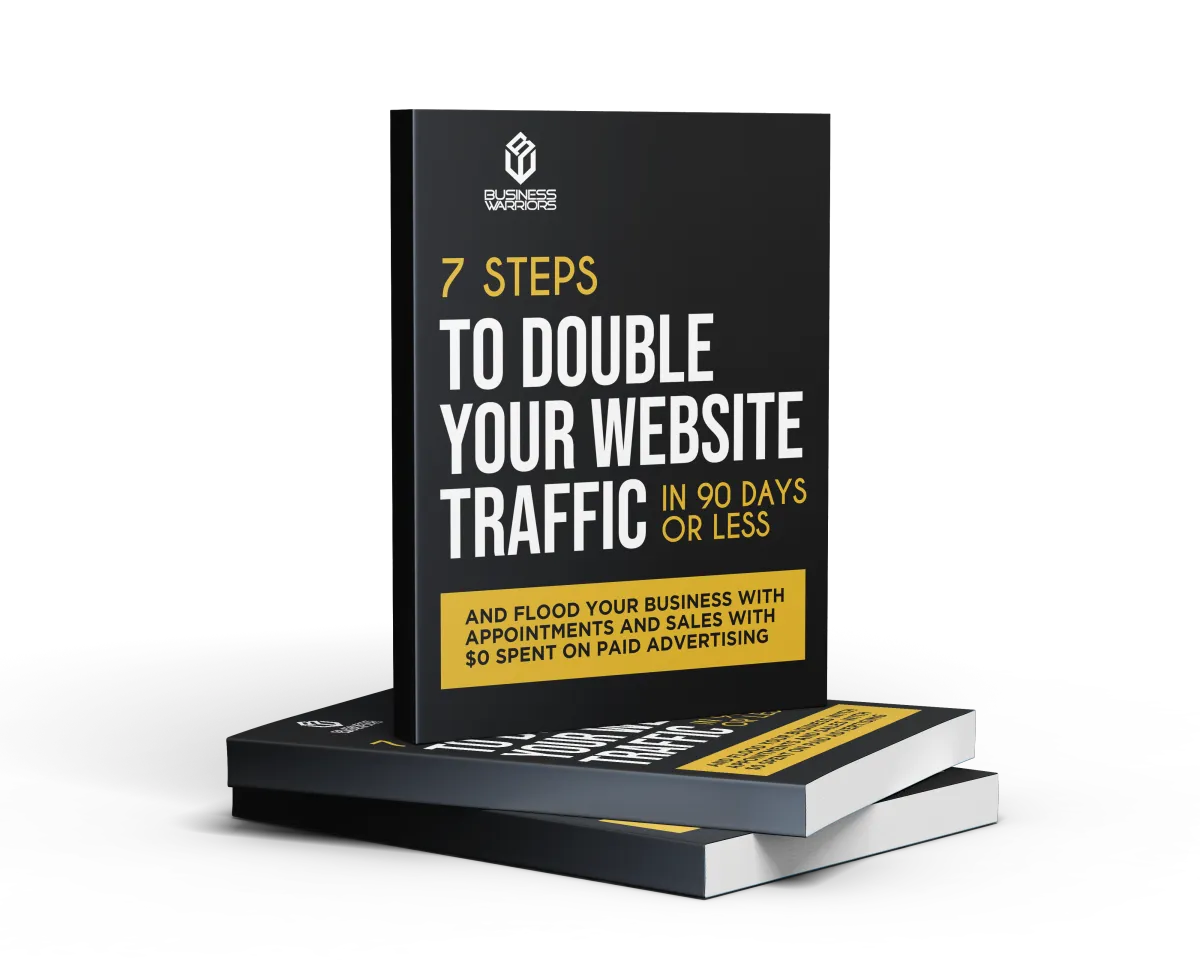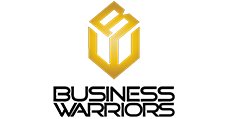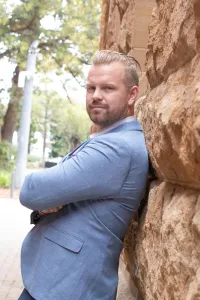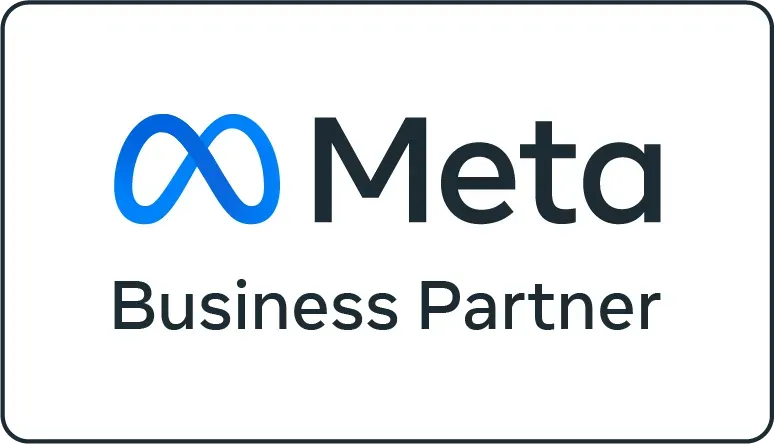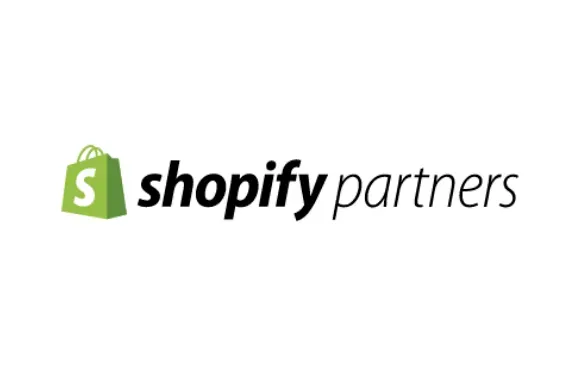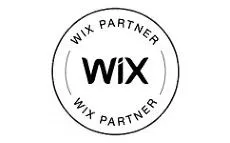Blog
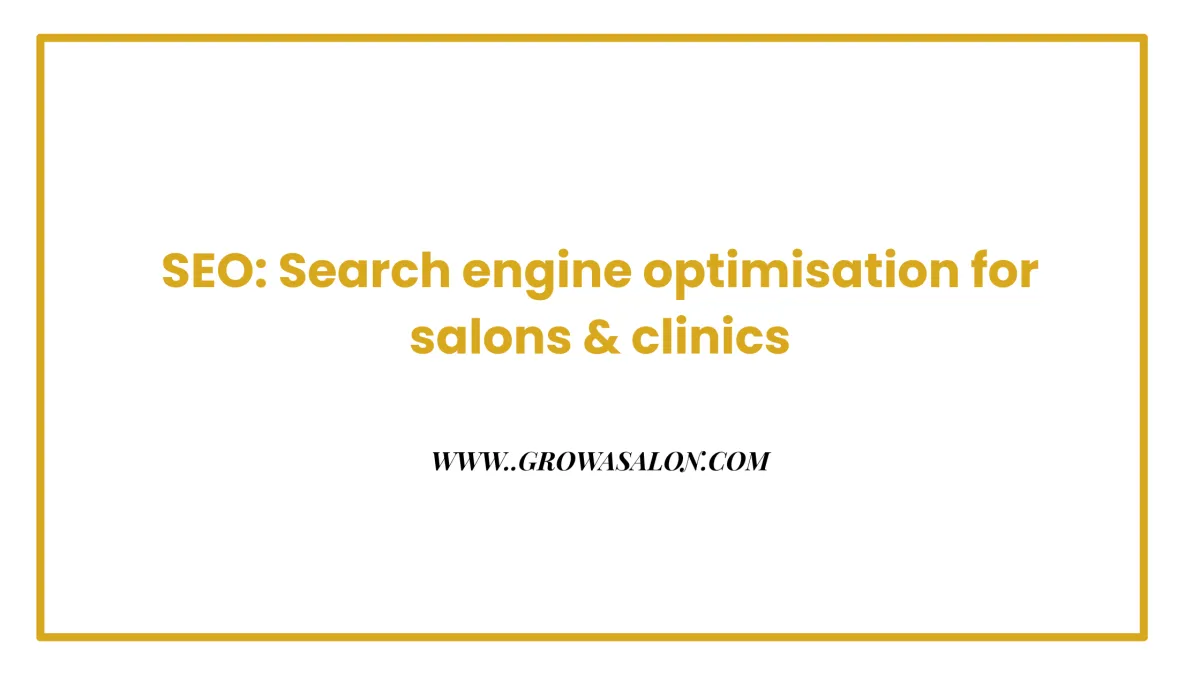
SEO: Search engine optimisation for salons & clinics
Want your salon or clinic to be fully booked with high-value clients? The key is getting found online consistently, and ahead of your competitors. Search engine optimisation (SEO) is the foundation of long-term growth for modern salons and clinics. Our Salon marketing agency shares In this guide, you’ll learn exactly why SEO matters for salons, which keywords to target, and how to make your website a magnet for new bookings.
Search engine optimisation
SEO for hair salons and clinics is all about making your website show up at the top of Google when potential clients search for your services. If your site isn’t visible, you’re missing out on dozens sometimes hundreds of new bookings every month.
Search engine keywords
The right keywords are the backbone of salon SEO. These are the exact phrases your ideal clients type into Google think “hair salon near me,” “best balayage Perth,” or “men’s haircut Subiaco.” Knowing which keywords matter most is the first step to dominating local search results.
Local salon & clinic SEO
Local SEO ensures your business appears in searches for services in your area. This is crucial for salons and clinics, as most clients search for services close to home or work. Optimising your Google Business Profile, building local citations, and earning local backlinks are all must-do tactics.
Your Google business profile
A complete, optimised Google Business Profile (formerly Google My Business) can drive up to 30% of all new salon clients. Make sure your profile is claimed, fully filled out, and updated with fresh photos, reviews, and posts.
Google Adwords for salons
Paid ads can be useful, but they’re no substitute for strong organic rankings. Focus on SEO first once your site ranks well, you’ll get free, high-quality traffic every day. Use Google Ads for salons to supplement your efforts or target highly competitive keywords when needed.
How to optimize for search engines
To climb the search rankings, you need a holistic approach. Here’s how to optimise your salon website for search engines:
Keyword research: Identify the best hair salon keywords for your services and location.
On-page SEO: Optimise every page for a primary keyword, plus related phrases.
Content creation: Publish valuable, informative content service pages, FAQs, blogs, and guides.
Technical SEO: Ensure your site is mobile-friendly, fast, and secure.
Local SEO: Build citations, earn reviews, and keep your Google Business Profile updated.
Link building: Get other reputable sites to link to your website.
Search engine keywords
Hair salon keywords
Targeting the right hair salon keywords is crucial for attracting local clients. Here are some of the most-searched phrases:
hair salon [location]
best hairdresser near me
balayage specialist [city]
women’s haircut [suburb]
men’s barber [location]
hair colourist [city]
kids haircuts [location]
hair extensions [area]
curly hair salon [city]
Beauty salon keywords
If your salon offers beauty services, include these keywords:
beauty salon [location]
waxing near me
brow shaping [city]
facial treatments [suburb]
skin clinic [location]
lash extensions [area]
manicure [city]
spa treatments [location]
Be the best!
Don’t just target generic keywords—position your salon as the best in your niche. Use phrases like “award-winning hair salon [city],” “top-rated beauty clinic [location],” and “leading balayage specialist [area]” to stand out.
Search keywords and phrases for Hair & Beauty Salons and Aesthetic Clinics
It’s not just about the services you offer—it’s about how your ideal clients search. Use keyword tools (like Google Keyword Planner, SEMrush, or Ahrefs) to find:
Service + location (e.g., “hair extensions Perth”)
Service + problem (e.g., “frizzy hair treatment Subiaco”)
Service + benefit (e.g., “long-lasting blowout Perth”)
Service + occasion (e.g., “wedding hair stylist Perth”)
Regularly update your keyword list based on new trends, seasonal services, and client feedback.
Search Engine Optimisation FAQs for salons & clinics
What is Search Engine Optimization?
SEO is the process of improving your website so it appears higher in search engine results for relevant keywords. For salons, this means more people find you when searching for haircuts, colouring, treatments, or beauty services in your area.
Why is SEO important for hair & beauty salons?
Most clients start their search for a new salon online. If you’re not visible on the first page of Google, you’re losing business to competitors. SEO helps you get found, attract more bookings, and build a steady stream of new clients.
Is my salon website search engine optimized?
Ask yourself:
Are all my service pages targeting specific keywords?
Is my website fast, mobile-friendly, and secure?
Do I have fresh content (blogs, guides, FAQs) published regularly?
Is my Google Business Profile complete and up-to-date? If you’re unsure, consider a professional SEO audit.
How do I get my salon or clinic website higher on search engines?
Optimise each page for a unique keyword
Add location-based keywords
Build quality backlinks
Collect client reviews
Ensure your site is technically sound (speed, security, mobile)
Does a Google Business Profile improve my Google rank?
Absolutely. Google uses your Business Profile to determine local rankings. Keep it updated with business info, photos, posts, and reviews.
How do I check how my salon website is performing?
Use tools like Google Analytics and Google Search Console to track traffic, rankings, and conversions. Monitor which keywords bring in the most clients.
What are salon & clinic SEO keywords?
These are the search phrases that potential clients use to find salons and clinics online. Focus on service, location, and client intent.
How does Google rank Search Engine Optimized websites?
Google looks at relevance (do your pages answer the searcher’s question?), authority (do other reputable sites link to you?), and user experience (is your site fast, secure, and mobile-friendly?).
What are the best ways to get to number 1 on Google search?
Target the right keywords
Publish high-quality, original content
Build authoritative backlinks
Optimise for local search
Keep your website updated and technically sound
How quickly can my website get to the top of Google?
SEO is a long-term strategy. Most salons see significant improvements in 3–6 months, but getting to #1 can take 6–12 months or longer, depending on competition and effort.
Can I use Google Adwords to get to top of search engines?
Google Ads can give you instant visibility, but it’s paid traffic. SEO delivers free, ongoing traffic and higher ROI long-term.
What are SEO Meta Tags?
Meta tags are snippets of code that tell search engines what your page is about. Key tags include the title, meta description, and image alt tags. Make sure every page has unique, keyword-rich meta tags.
Get your FREE Google search report
Want to know how your salon website is performing on Google? Request your free, personalised search report and get actionable insights to boost your rankings.
The Best Hair Salon SEO Keywords
The most effective keywords for salons are those that match exactly what your ideal clients are searching for. Here’s a list of proven, high-traffic keywords:
hair salon near me
best hairdresser [city]
balayage specialist [location]
kids haircut [suburb]
men’s barber [area]
hair colour correction [city]
hair extensions [location]
blow dry bar [city]
affordable hair salon [area]
curly hair specialist [city]
Regularly update your keyword list based on trends, seasonal services, and new client needs.
Most Search Hair Salon SEO Keywords
Top-performing keywords for 2025 (Australia):
hairdresser Perth
hair salon Sydney
balayage Melbourne
best hair cut Brisbane
hair colourist Adelaide
men’s haircuts Gold Coast
hair extensions Canberra
Use these keywords naturally throughout your website content, service pages, and blog posts.
SEO for Salons and Spas: The Ultimate Guide 2025
You Need a Salon Website
Your website is your digital shopfront. It’s where most new clients decide whether to book with you or not. Make sure it’s modern, easy to use, and optimised for search engines.
Just a Little Bit of Theory – What Makes Your Salon Website Show Up At The Top of Google Search Results?
Google ranks websites based on relevance, authority, and user experience. The more helpful your site is to visitors, the higher it will rank.
How to Get Your Salon to Show at the Top of Google Search Results:
Optimise your home, service, and location pages
Use keywords in titles, headings, and content
Build local citations and get listed in directories
Collect and showcase client reviews
New for 2025: Optimizing for AI Search
AI-powered search is changing how people find salons. Focus on answering common questions, using natural language, and providing clear, useful information.
1. Getting Your Salon Registered With Google Business Profile
Claim and verify your Google Business Profile. Fill out every section—services, hours, photos, Q&A, and posts. This boosts your local rankings and attracts more clients.
What About Other Search Engines?
Don’t ignore Bing, Apple Maps, and other platforms. Register your salon everywhere your clients might search.
Get Your Salon on Apple Maps
Apple Maps is used by millions of iPhone users. Make sure your salon is listed and details are accurate.
Voice Search Optimization – New for 2025
More people are using voice search (“Hey Siri, find a hair salon near me”). Optimise for conversational keywords and questions.
Get Your Salon on Bing
Bing still drives a significant amount of search traffic, especially from desktop users. Register and optimise your profile.
Your Salon is Now Registered on the Biggest Search Engines
With your salon listed on Google, Bing, and Apple Maps, you’re visible to nearly everyone searching for your services.
2. Create Relevant Content for Your Website and Your Salon Keywords
Content is king. Regularly publish blogs, guides, and FAQs that answer your clients’ questions and showcase your expertise.
Finding the Right Salon Keywords for Your Salon
Your Salon’s Foundational Keywords
These are your bread-and-butter keywords—“hair salon [city],” “hairdresser near me,” etc.
Your Salon’s Long Tail Keywords
Longer, more specific phrases—“best balayage specialist Subiaco,” “affordable kids haircuts Perth.”
Find Your Salon Type Keywords
Target keywords for your specific salon type—“curly hair salon,” “men’s barber,” “organic hair salon.”
Hair Salon Keywords
Use the most relevant hair keywords for your services and location.
Nail Salon Keywords
If you offer nails, include “nail salon [city],” “manicure near me,” etc.
Beauty Salon Keywords
Don’t forget “beauty salon [location],” “facials [city],” and related terms.
Find Your Keyword Modifiers
Add words like “best,” “affordable,” “top-rated,” or “award-winning” to attract high-intent clients.
Find Your Geographic Keywords
Always include your suburb, city, and region in your keywords.
Adding Your Salon Keywords Together And Test What Works
Combine core, modifier, and geographic keywords for best results. Track performance and adjust regularly.
Visual Search and Social Proof in 2025
Add high-quality photos and videos to your site. Showcase real client results and testimonials.
Get Your Salon Website SEO Ready with Your Salon Keywords
Your Salon Home Page
Your homepage should introduce your salon, highlight services, and include your main keywords.
Page Titles
Every page needs a unique, keyword-rich title tag.
Page Meta Description
Write compelling meta descriptions for every page—include your keywords and a call to action.
Headers
Use H1, H2, and H3 tags to structure your content and include keywords naturally.
Internal Link’s Anchor Text
Link between pages using descriptive, keyword-rich anchor text.
Image Alt Description
Add descriptive, keyword-focused alt text to every image.
Get Other Websites to Link to Your Salon
Backlinks from reputable sites boost your authority and rankings. Reach out to local directories, beauty blogs, suppliers, and partners for links.
Measuring Success in 2025
Track your rankings, website traffic, and bookings. Use Google Analytics and Search Console to measure results and identify new opportunities.
Ensure Your Details Are Cited Consistently on Other Websites
Make sure your salon’s name, address, and phone number are identical everywhere online Google, directories, social media, and your website.
Ensure Your Website is Mobile Friendly, Fast, and Secure
Is Your Salon’s Website Mobile Friendly?
Most clients use their phones to find and book salons. Ensure your site looks great and works perfectly on all devices.
Does Your Salon’s Website Load Fast?
A slow site frustrates visitors and hurts your rankings. Optimise images, use caching, and choose reliable hosting.
Is Your Salon Website Secure?
Use HTTPS to protect your site and client data. Google rewards secure sites with higher rankings.
Conclusion
SEO is the secret weapon for busy salons and clinics that want to grow. By targeting the right keywords, publishing valuable content, and optimising your website, you’ll attract more local clients and build a thriving business.
Looking Ahead
Stay up to date with the latest SEO trends—voice search, AI, and new Google updates. Keep testing, learning, and improving.
WHAT WOULD YOUR RETURN ON INVESTMENT LOOK LIKE USING OUR DIGITAL MARKETING VORTEX METHOD TO YOUR BUSINESS?
GET THE DIGITAL MARKETING AGENCY SECRETS: 7 STEPS TO DOUBLE YOUR WEBSITE TRAFFIC IN 90 DAYS OR LESS
